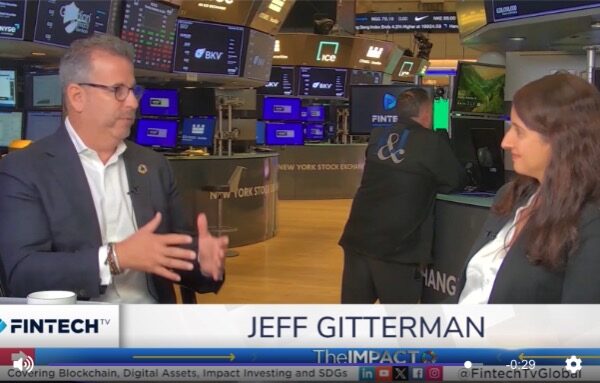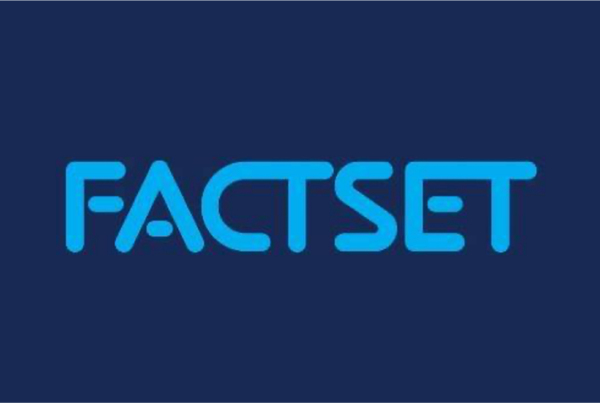By Pooja Khosla, Executive Vice President Client and Product Development
In this article, I reflect on my decades-long journey with ESG. I conclude that there is more consensus than we might think and that where there are differences, we should embrace them.
My journey with ESG
In many ways, ESG sits at the heart of my lifelong intellectual journey. My earliest academic work was in developmental economics, which advocates an approach in which we seek win-wins: programs that do well in economic terms by doing good in social and governance terms.
Different perspectives on ESG
Over the decades, ESG has grown and evolved – and so has my work. As a solution provider in the ESG space, I am amazed to see how ESG is viewed by different interested parties with other imperatives politically, socially, and economically.
For example, on the one hand, between 2000 and 2017, according to The European Corporate Governance Institute, 25 countries introduced legislation that mandates firms to disclose ESG information. The countries include Australia, China, South Africa, and the United Kingdom.
On the other hand, in the United States, pension funds from states such as Florida and Texas have criticized poorly sustainable investing in recent months.
As a trained economist, observing these differences in the ESG perspective, I am reminded of the tremendous economic debate between Adam Smith and Karl Marx.
They both were strong advocates of economic growth but had very different theories on how somebody should achieve this growth. Adam Smith argued that the ideal financial system is capitalism, while Karl Marx thought otherwise.
What versus How
However, it is not about what is right and wrong. If I were to ask consumers, producers, investors, and regulators what the objective of ESG is, they would all agree. ESG exists to direct and actively manage the organization’s impact on society and environmental sustainability.
From the producer’s side, as of 2020, 88% of publicly traded companies, 79% of the venture and private equity-backed companies, and 67% of privately owned companies had ESG initiatives.
More than 200 companies have signed “The Climate Pledge”; this is a pact that drives companies to reach the Paris Agreement goal of NetZero carbon ten years early.
From the consumer’s side, according to a recent PwC survey, 76% of consumers say they will stop buying goods and services from companies that treat poorly the environment, employees, or the community in which they operate.
These facts underline how Adam Smith’s “Invisible Hand” (a metaphor for how, in a free market economy, self-interested individuals operate through a system of mutual interdependence) is all set for ESG. Markets are ready and are already demanding ESG.
Marx, of course, favored government intervention. His concern was the chaotic nature of free market competition. It is true that sometimes there is a need to operate efficiently and quickly. In such times regulators have the power to speed up free-market efforts. Today, we see a 74% increase in ESG reporting provisions issued by government bodies relative to the last four years. There are over 400 reporting provisions in 80 countries.
While both Adam Smith and Karl Marx agreed on the core ideas, they differed on the production methods and the distribution of resources. Similarly, in ESG, the core idea is the same but methodologies differ across the board.
ESG – right and wrong
Throughout my academic, research, and business development experience across development economics, climate finance, and sustainability finance, I have learned that no tool is right or wrong. Some devices are more valuable than others for a particular problem for a specific organization at a certain time.
Maybe it is time to investigate the ESG toolbox and see what we have and can use to achieve sustainable and equitable growth. It is terrific if paths diverge in the race toward sustainable and honest existence. Everyone starts from a different point with different historical baggage and speed of change.
Let’s participate and appreciate these efforts. Like any other discipline with its vision of sustainable and equitable existence, ESG is more right than wrong!
First published on Good Growth Academy.





